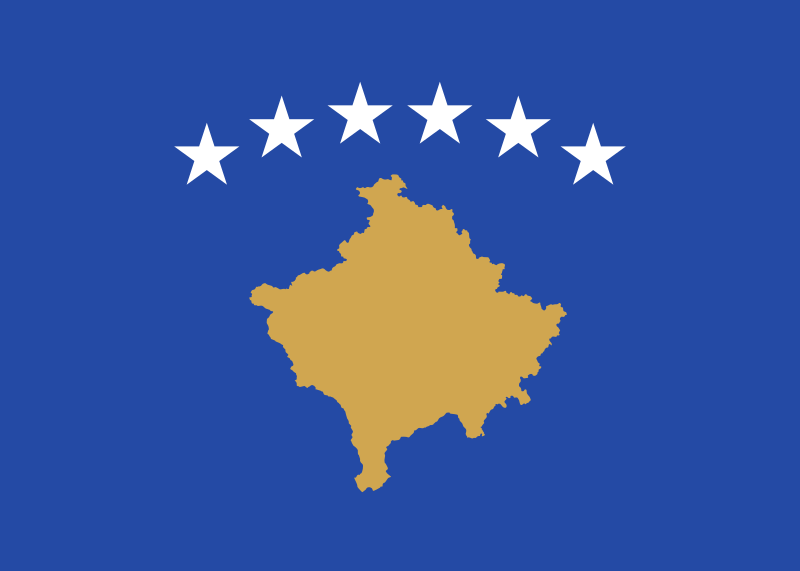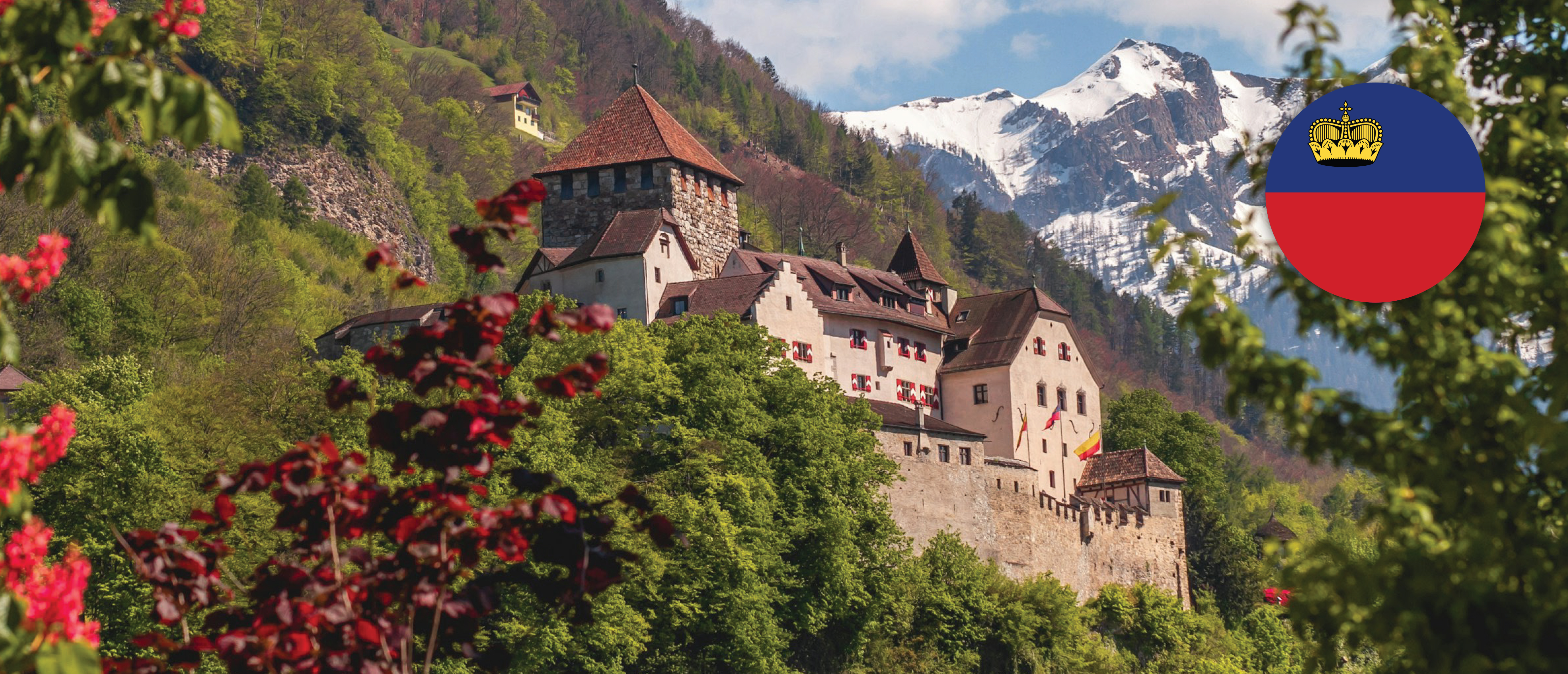General Information
Population
Immigration
Emigration
Working-age population
Unemployment rate
GDP
Refugees and IDPs
Citizenship
Territory
Migration Authorities
Responsible Body
Line Ministries
Agencies
Description
Liechtenstein is one of the smallest countries in Europe and in the world. In 2021, the country had a population of 39.315 people, one-third of whom were foreign nationals. In 2020, Swiss, Austrian, German and Italian nationals represented the majority of the resident foreign population of Liechtenstein.
Over the past decades, Liechtenstein saw strong economic growth, thereby experiencing a need for a foreign labour force. Over half of 40.328 persons who were employed in Liechtenstein in 2020 were daily commuting to work from neighbouring Switzerland, Austria and Germany. Such a large share of commuters stems from the country’s restrictive policy that does not allow foreigners to live in Liechtenstein, even if employed by a local company.
With the exception of tourist visits, any stay in Liechtenstein requires a permit. Citizens of the European Economic Area (EEA) have the right to reside in Liechtenstein only subject to quotas set out in a bilateral agreement. Every year Liechtenstein grants 72 residence permits to EEA citizens and 17 to Swiss nationals. Half of the residence permits issued to EEA nationals are allocated via a lottery, while the Government grants the other half. The country has no principle obligation to grant residence permits to nationals of countries that have no bilateral agreements with Liechtenstein. Nevertheless, such nationals can receive permits for non-self-employed work and residence without work if Liechtenstein considers them as persons of particular interest (for example, managers and qualified workers with many years of working experience).
713 immigrants arrived to Liechtenstein in 2020, with the majority arriving from Switzerland and EEA countries. Most immigrants have moved to Liechtenstein due to family reunification (371) and work reasons (326). Of them, 282 were citizens of EEA states, followed by 176 Liechtenstein and 112 Swiss nationals. The emigration flow of 2020 amounted to 432 persons, 47 % of whom were citizens of Liechtenstein, followed by 31% EEA and 9.5% Swiss citizens. The majority of emigrants moved either to Switzerland or to an EEA country, and 6.9% settled in the US.
Irregular migration in Liechtenstein is inconsiderable. The public infrastructure, social structures, the existence of a well-regulated labour market along with the geographical position of Liechtenstein and strict border controls discourage irregular migration. In 2021, only 55 third-country nationals were founds to be illegally present in Liechtenstein, 65 were ordered to leave and 35 were returned following an order to leave. Moreover, since 2015 no third-country national received a refusal to enter Liechtenstein.
The number of students from Liechtenstein who chose to study abroad has increased from 697 in 2013 to 800 in 2020. The most popular countries for tertiary enrolment include Switzerland, Germany and Austria. For the academic year 2020/2021, a total of 881 students from the Czech Republic, Austria and Germany studied at the universities of Liechtenstein.
Liechtenstein receives only a handful of asylum applications (39 in 2019 and 40 in 2020). The top three countries of origin among asylum seekers were Iraq, Albania and Somalia. Many asylum applications are found to be inadmissible, largely on Dublin III grounds, and due to the provisions stipulated in the Asylum Act. Government-commissioned lawyers provide legal advice to applicants, following the first instance decision. In 2020, only one person received refugee status and nine people were granted temporary protection. According to UNHCR, asylum applicants are initially placed in a reception centre in Vaduz (or other accommodation provided by the State) during asylum proceedings. In January 2017, Liechtenstein introduced new asylum admissibility grounds following amendments to the Asylum Act. Thus, for example, an applicant can be found inadmissible if they are unwilling or unable to integrate.
Since 1995, Liechtenstein is a member of the EEA Agreement and part of the EU’s single market. In 2009, Liechtenstein acceded to both the 1954 Convention relating to the Status of Stateless Persons and the 1961 Convention on the Reduction of Statelessness. In 2011, Liechtenstein joined the Schengen area, becoming the latest party to this zone without controls at internal borders. In January 2020, Liechtenstein signed the EEA EFTA Separation Agreement with the United Kingdom that ‘continue the rights of EEA EFTA citizens living in the UK and UK citizens living in any of the EEA EFTA States as the UK exits the European Union.’ The country did not join the Global Compact for Migration but remains to be a party to OSCE, UN, Council of Europe, as well as the Prague Process and the Budapest Process. In 2021, Liechtenstein adopted the new Integration Strategy based on the 2010 integration concept "Liechtenstein - Strength through diversity" and the findings of the study published in June 2020 entitled "Integration in Liechtenstein: Socio-economic potential and areas of tension".
Relevant Publications



















































